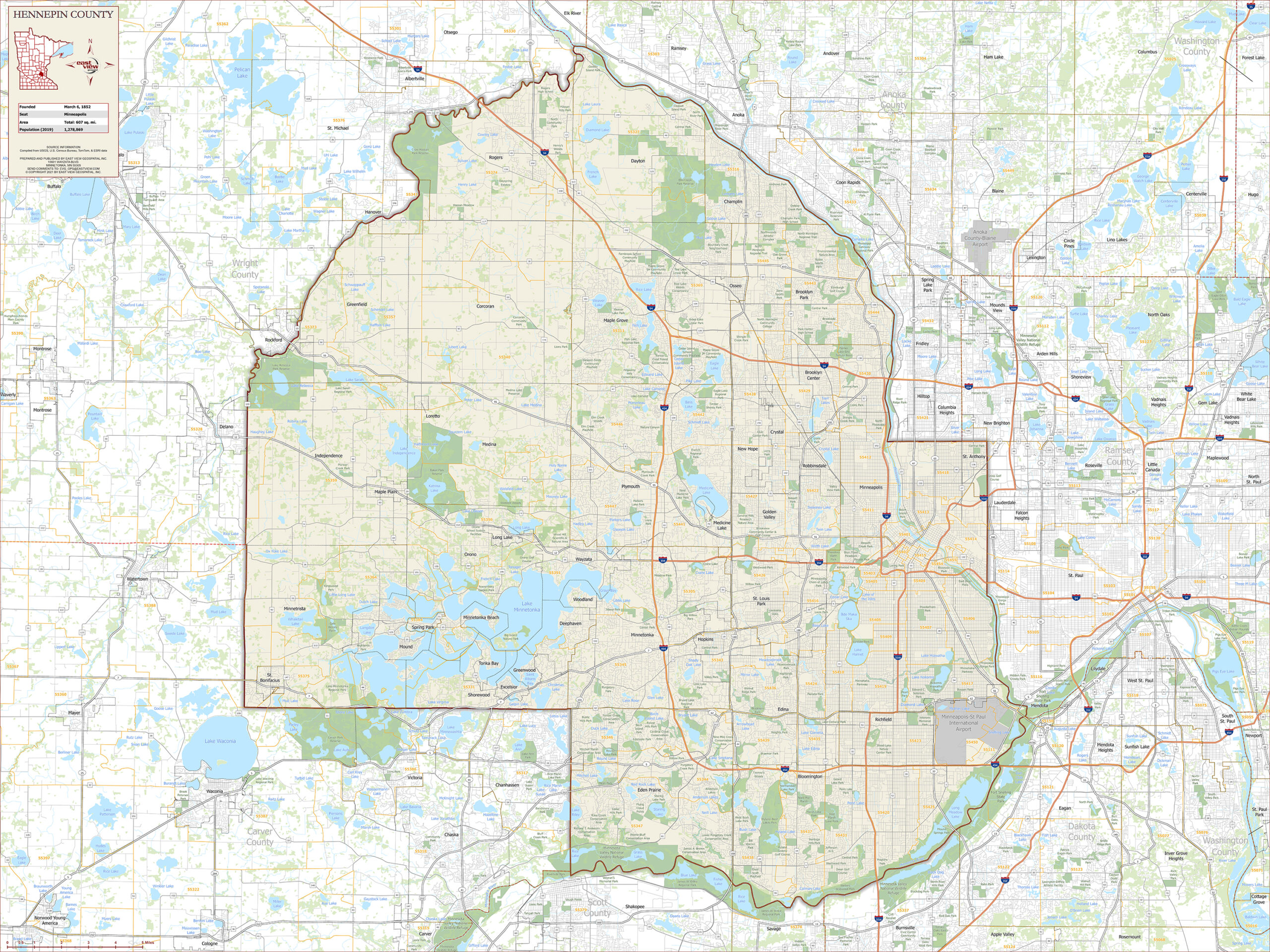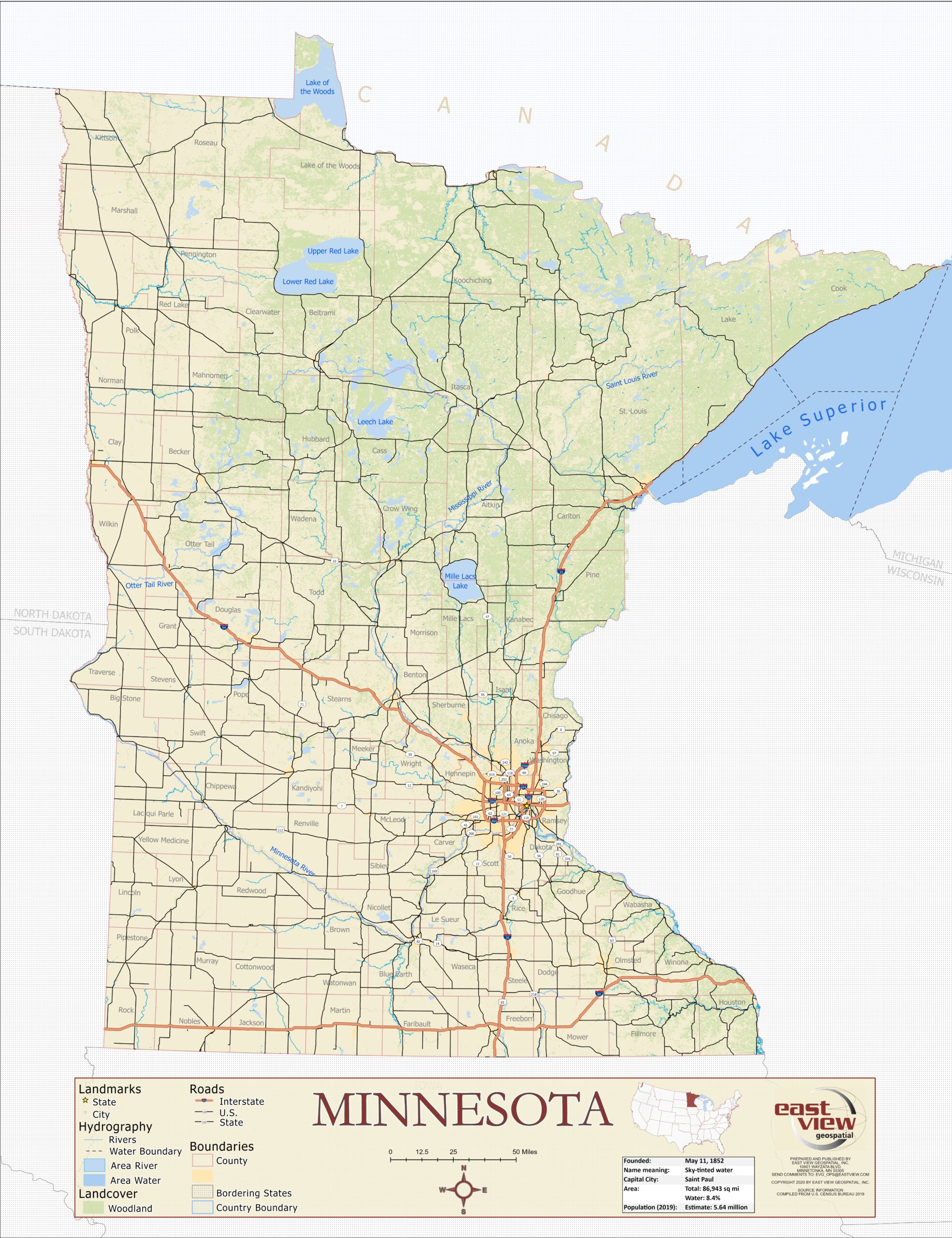The largest of the Central American countries, detailed mapping of Nicaragua, was initiated in 1946 with the signing of an agreement with the Inter-American Geodetic Survey (IAGS) to establish geodetic control for a national survey, with the foundation of an Office of Geodesy, subsequently becoming the Instituto Geográfico Nacional (IGN), Managua. Mapping now falls within the remit of the Instituto Nicaragϋense de Estudios Territoriales (INETER).
In 1954, complete air photo cover of the Pacific western part of the country was flown by the USAAF, and this formed the basis for the first photogrammetric mapping. A basic series at 1:50,000 scale (Series E751) was published progressively from 1956 by the US Defense Mapping Agency (DMA), now National Imagery and Mapping Agency (NIMA)) and was almost complete when the DMA/IAGS pulled out in 1981.
During the Sandinista government, mapping was put under military control, and was not released to the public. During this period, the government received mapping aid from Cuba and the USSR, who flew new air photo cover and used this to update and complete the series.
With the establishment of the post-Sandinista government, the mapping authority returned in 1991 to civilian status under the Ministry of Construction and Transport. At the same time the 1:50,000 scale map was made unrestricted.
The series retains the format and basic specification of the DMA series, with sheets each covering 10 minutes of latitude by 15 minutes of longitude. Projection and grid are UTM, Clarke 1866 ellipsoid, and contours are at 20 m intervals. The map has, however, been updated and sheets carry an extensive legend with particular attention given to land use and vegetation.
A 1:250,000 scale DMA series covering the country in 12 sheets (Series E503) was first published in the 1960s. A second edition appeared in 1980-82 and the series was updated in 1996-97. A 1:525,000 scale general map of the country was published by INETER in 1995. This is on the UTM projection with 200 m interval contours. 1:100,000 scale planimetric mapping (Series E651), began in the 1950s by the DMA, covered mainly the Pacific west of the country. A few 1:25,000 scale sheets (Series E851) in the area of Managua were also published and a series of large-scale cadastral maps is in progress.
In addition to the conventional mapping, radar maps were compiled in the 1970s, using SLAR imagery flown by Westinghouse Electric Corporation which was then converted into 1:100,000 scale mosaics by Hunting Surveys, Toronto. These were used to create interpretative maps of land cover, geomorphology and geology. A 1:250,000 scale land use map (Uso de suelo) interpreted from LANDSAT imagery was produced with the aid of the Italian company Geomap and published in 12 sheets in 1983. Water quality mapping of the Pacific coast has been undertaken in collaboration with the German aid organization GTZ. A further recent cooperative initiative between Germany and the Ministerio de Ambiente y los Recursos Naturales (MARENA) is a project concerned with environmental planning and conservation (Proyecto BOSAWAS MARENA-GTZ).
Soviet military topographic mapping of Nicaragua exists at the following scales: 1:1,000,000 (4 sheets, complete coverage, published in 1990); 1:500,000 (7 sheets, complete coverage, published in 1985) and 1:200,000 (27 sheets, complete coverage, published in 1984). These products are available in print, digital raster and digital vector GIS formats from East View Geospatial.
The USSR cooperated in the production of a geological map in the 1980s, and this was eventually published by INETER at 1:500,000 scale in 1995. The Dirección de Promoción y Desarrollo Minero is responsible for earth science mapping.
A multi-sheet, contoured map of Greater Managua was published by INETER in 1989, with sheets issued as diazos. Pictomaps of a number of cities were published in the 1970s by the IGN.
Several tourist maps are available for the country and for the capital city of Managua. These include a 1996 tourist map from the Ministerio de Turismo (MITUR), which has the whole country on one side and Managua on the reverse, and guide maps from the Compañia de Servicios Publicatarios Geográficos (SERPUGESA). A good tourist map of the country has been published by International Travel Maps (ITM), Vancouver.
A population census was carried out in 1995 by the Instituto Nacional de Estadísticas y Censos (INEC), and maps of all the departments and municipalities were prepared to facilitate this. Rural area maps are at scales of 1:12,500 or 1:25,000; urban areas are at scales of 1:1,000; 1:2,000 or 1:3,000.
Copyright © 2014 De Gruyter for e-version of World Mapping Today, 2nd Edition | Copyright © 2019 East View Geospatial, Inc.



